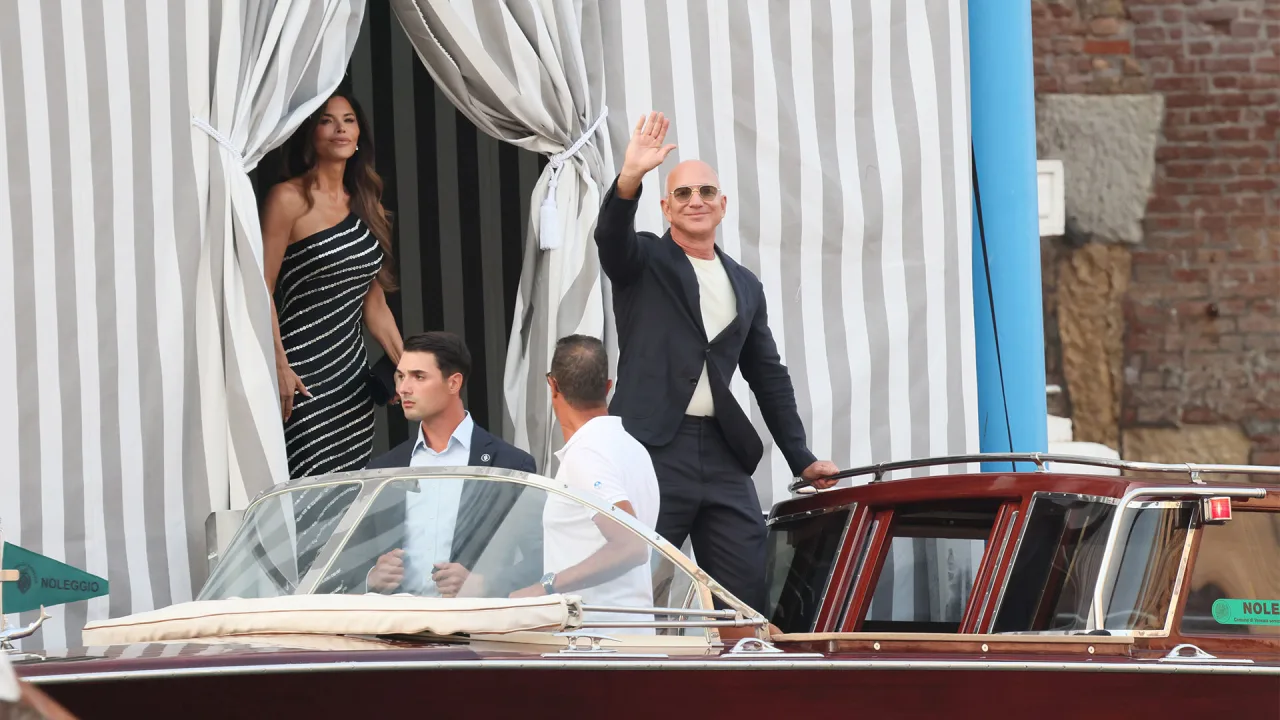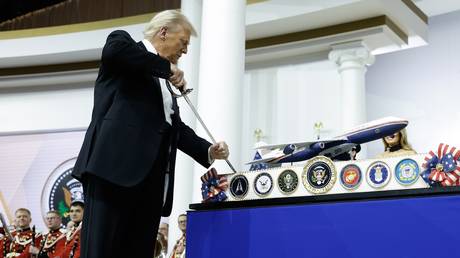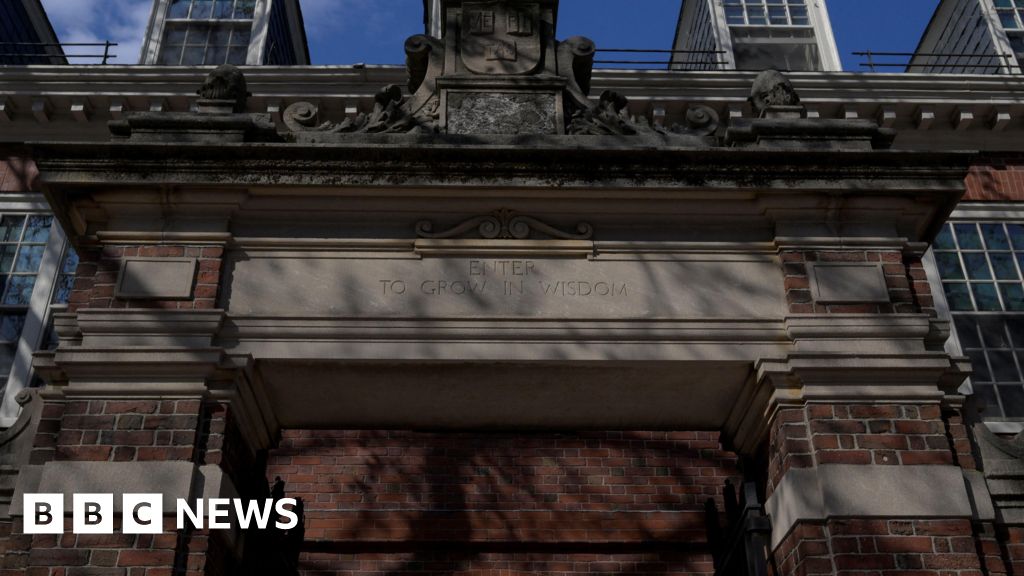Musk’s SpaceX faces legal action over rocket debris

The Mexican government plans to sue the US company over Starship debris that landed near its northern border
Elon Musk’s SpaceX is facing a potential lawsuit after debris from a failed Starship launch was scattered along Mexico’s Gulf Coast, sparking environmental concerns and prompting a legal review by the Mexican government.
President Claudia Sheinbaum told a press conference on Wednesday that officials were evaluating possible breaches of international law after parts of the rocket booster exploded over the Gulf of Mexico and washed ashore in the state of Tamaulipas.
“There is indeed contamination,” Sheinbaum told reporters. “The general review is being made – what international laws are being violated – and from there, we will initiate a process.”
The incident stems from a June 18 test launch at SpaceX’s Boca Chica facility in Texas, when the Starship exploded into what was described as an enormous fireball. After liftoff, the booster detached and broke up during reentry, sending fragments – including rubber, plastic, silicone, metal tubing, and cooling tanks – into the sea. Some of it later drifted ashore near Matamoros, a coastal city in northeastern Mexico, alarming the local authorities and conservationists.
No injuries were reported, and SpaceX said there were “no hazards” to nearby communities. Musk downplayed the blast in a brief post on X, calling it “just a scratch.”
In May, US regulators approved boosting annual Starship launches from five to 25, dismissing warnings from conservationists that the increase could harm sea turtles and coastal wildlife.
Environmental groups have reportedly warned that micro-debris now embedded across more than 40km of coastline poses a serious threat to wildlife, particularly the endangered olive ridley sea turtle.
While cleanup crews have removed larger debris, Mexican environmental agencies say the priority now is locating and mitigating micro-particles. Inspectors have been taking samples from beaches and nearby waters. In one case, a metal cylinder from the rocket was found lodged in a tree.
READ MORE: Google changes name of Gulf of Mexico
The company, which is owned by the South African-born billionaire who aims to send people to Mars, has come under growing scrutiny over the environmental toll of its Starship program, in which explosive test failures have become routine.
The incident adds to tensions between Mexico and major US tech companies. In May, Sheinbaum’s government sued Google over renaming the Gulf of Mexico to ‘Gulf of America’, in line with an executive order from US President Donald Trump.
What's Your Reaction?
 Like
0
Like
0
 Dislike
0
Dislike
0
 Love
0
Love
0
 Funny
0
Funny
0
 Angry
0
Angry
0
 Sad
0
Sad
0
 Wow
0
Wow
0




























































































